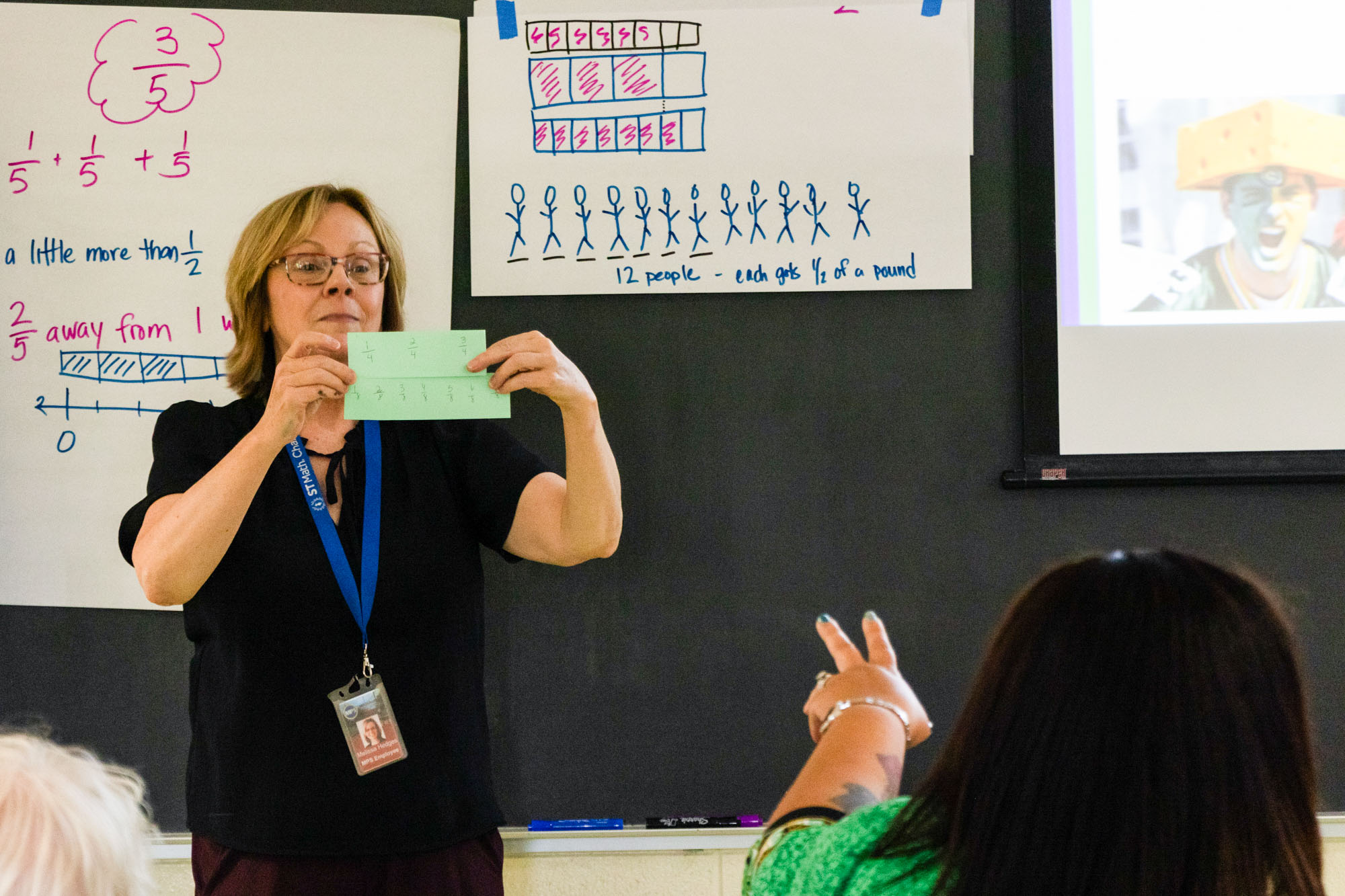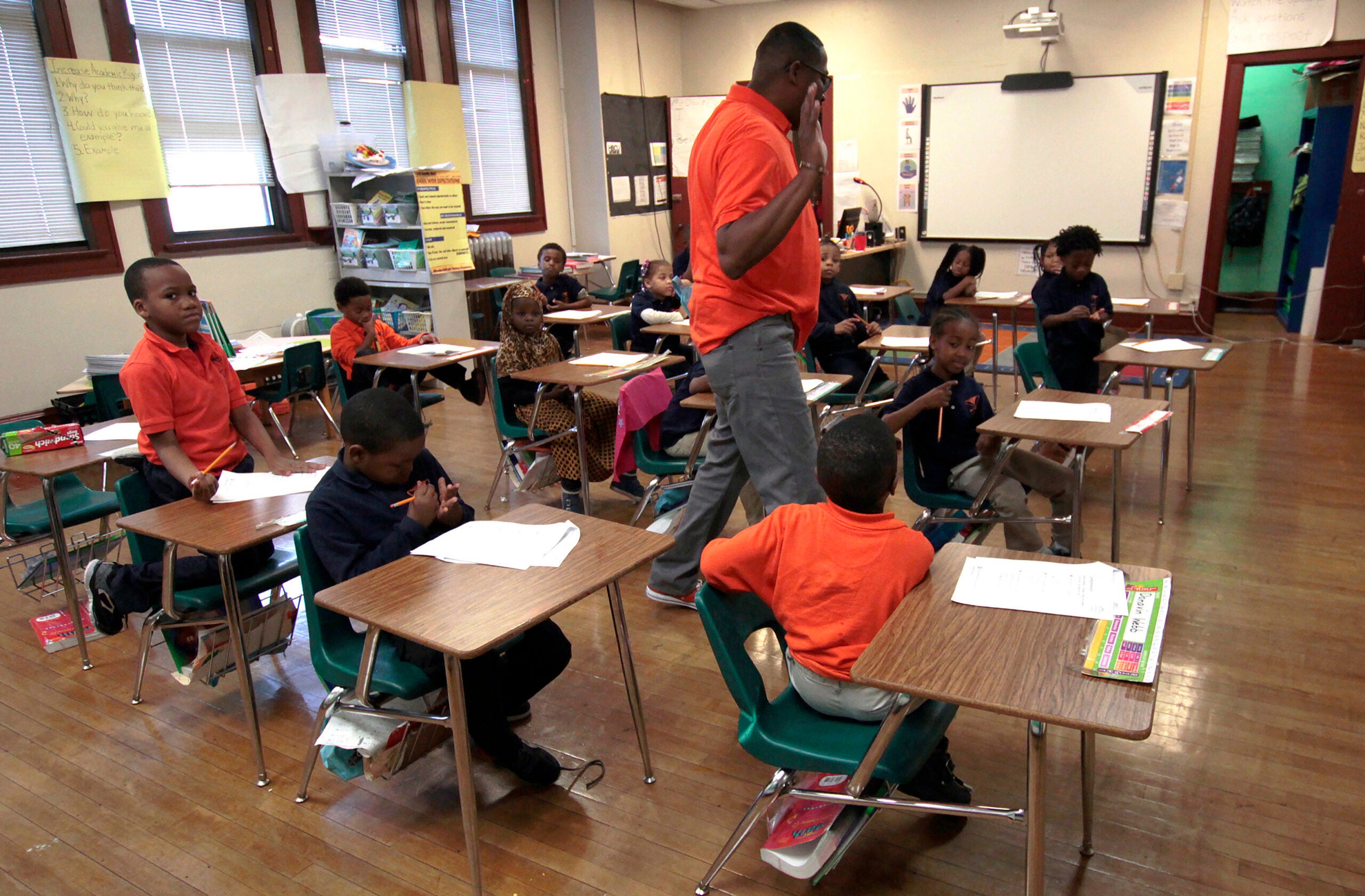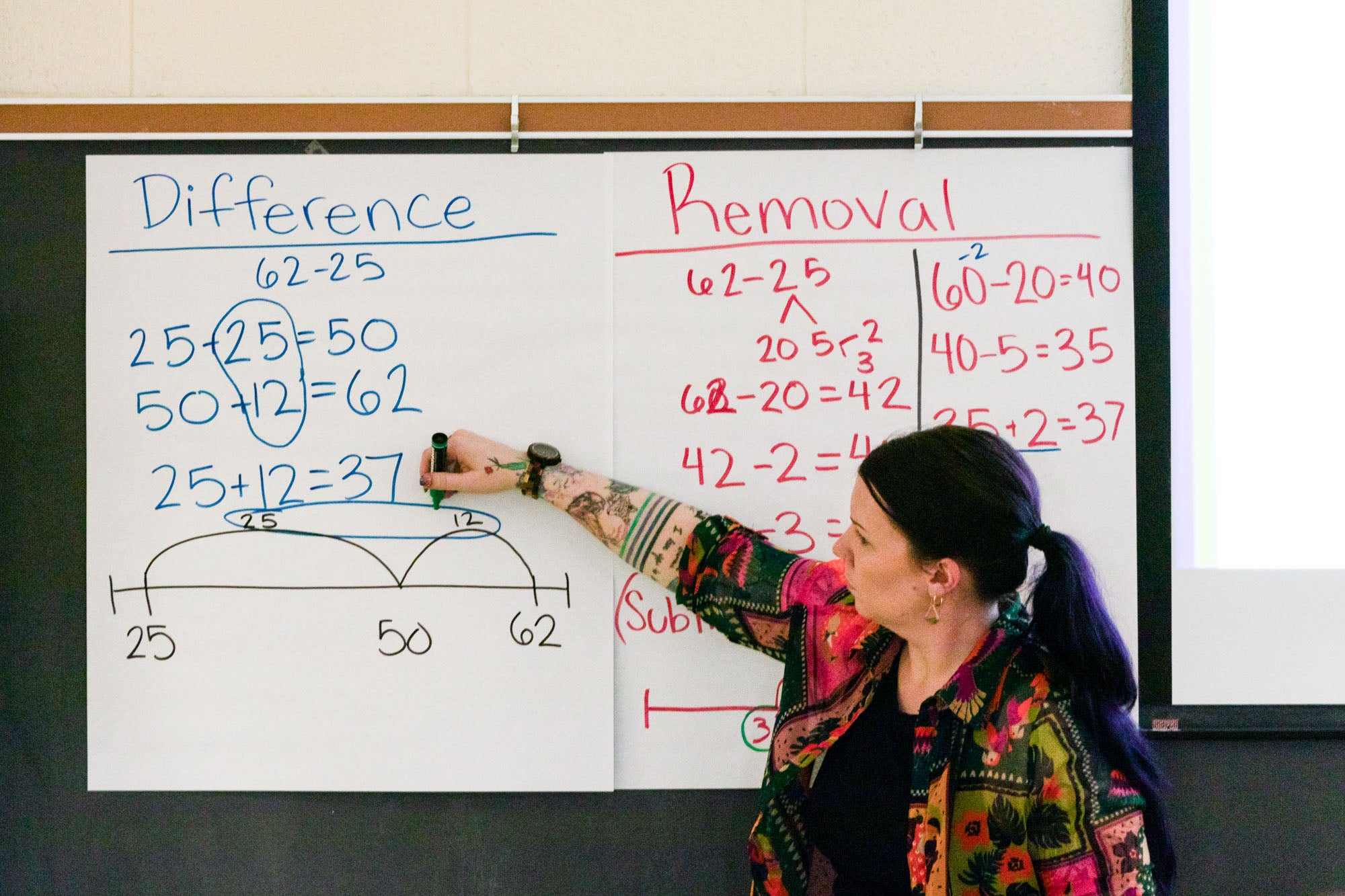Researchers from the UW-Madison and University of Colorado-Boulder will use a $4 million grant from the National Science Foundation to try to figure out why students shy away from math or science.
For decades there’s been concern that the U.S is losing its edge as a global leader in science and technology. A past study on why fewer college students get degrees in these fields showed poor instruction played a role. But efforts spent to improve math and science teaching have not boosted the number of graduates in these areas. So researchers will go back to the original seven colleges and universities from that study and interview students. Mark Connolly of the Wisconsin Center for Education Research says they will also sit in on classes, “So we’re going to be identifying these gateway courses –the calculus, the organic chemistry–courses that make a difference in whether students stay in these majors. We’re going to interview the instructors. We’re going to observe how these courses are taught and then we’re going to survey students who are enrolled in these courses to see what they believe they gained from the courses.”
The U.S. depends on science and technology not only for national defense, but to operate in a global economy, “It’s hard to overstate the importance of it. Our future of our country, especially in a global economy, is students who understand math and science.”
Stay informed on the latest news
Sign up for WPR’s email newsletter.
The President’s Council of Advisors on Science and Technology predicts a shortage of these skilled employees. It estimates that over the next decade, the nation will have one million science and technology jobs that can’t be filled.
Wisconsin Public Radio, © Copyright 2025, Board of Regents of the University of Wisconsin System and Wisconsin Educational Communications Board.




